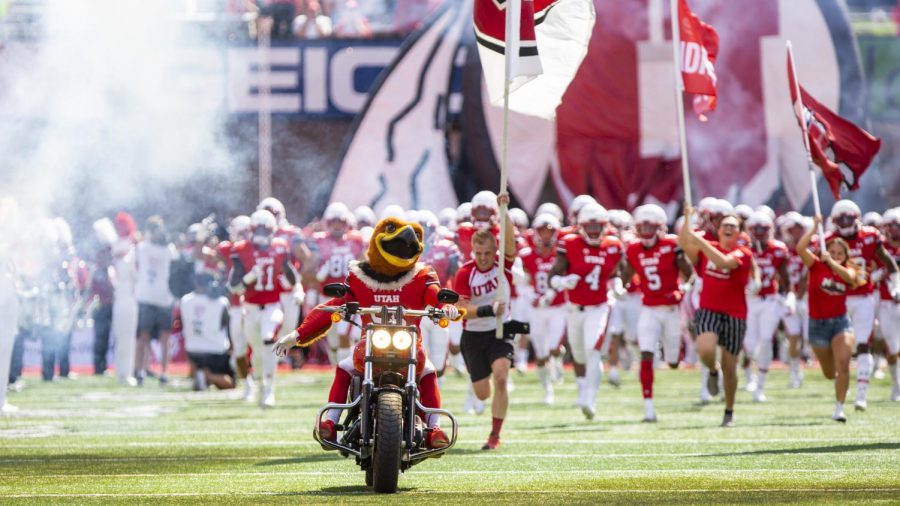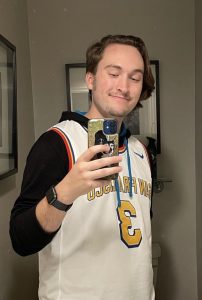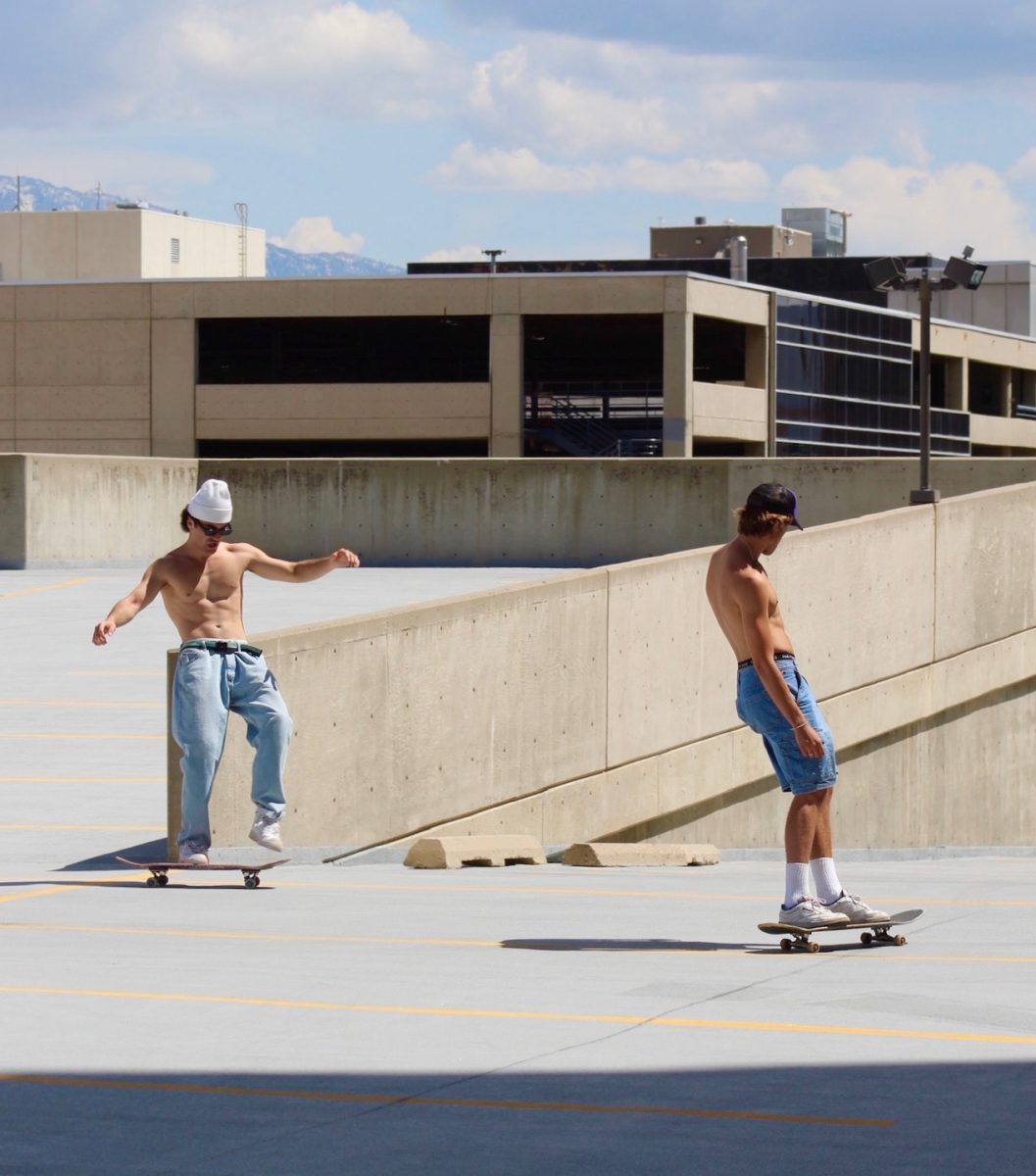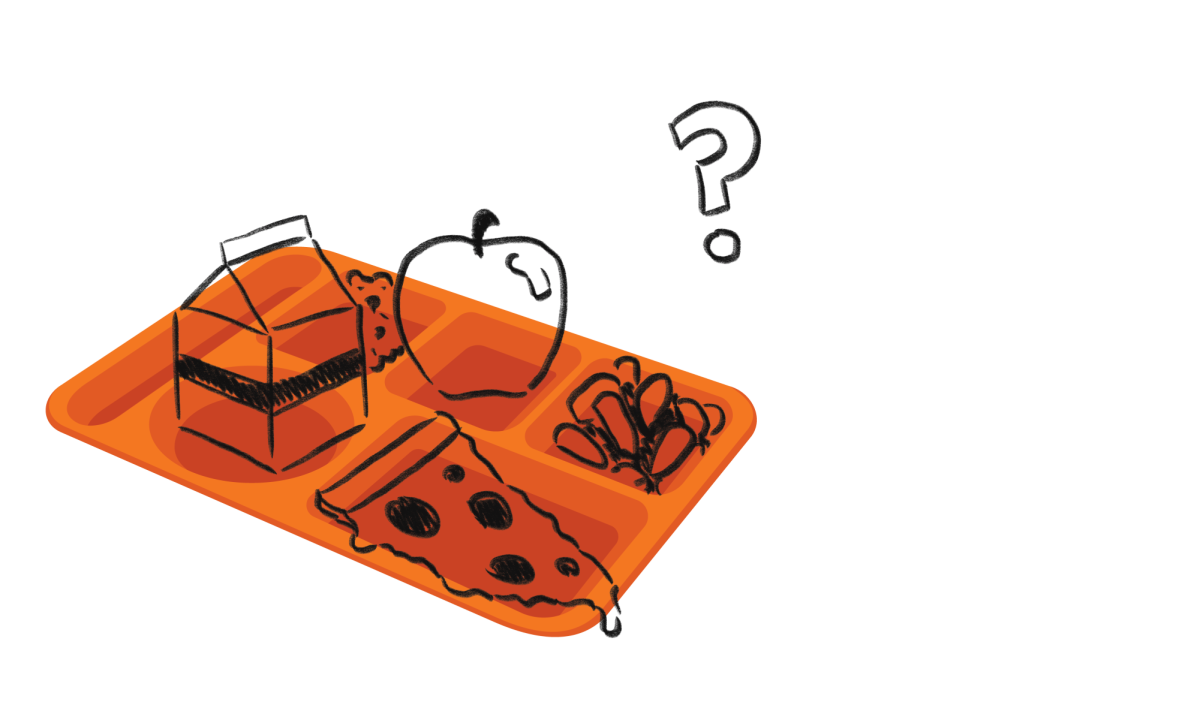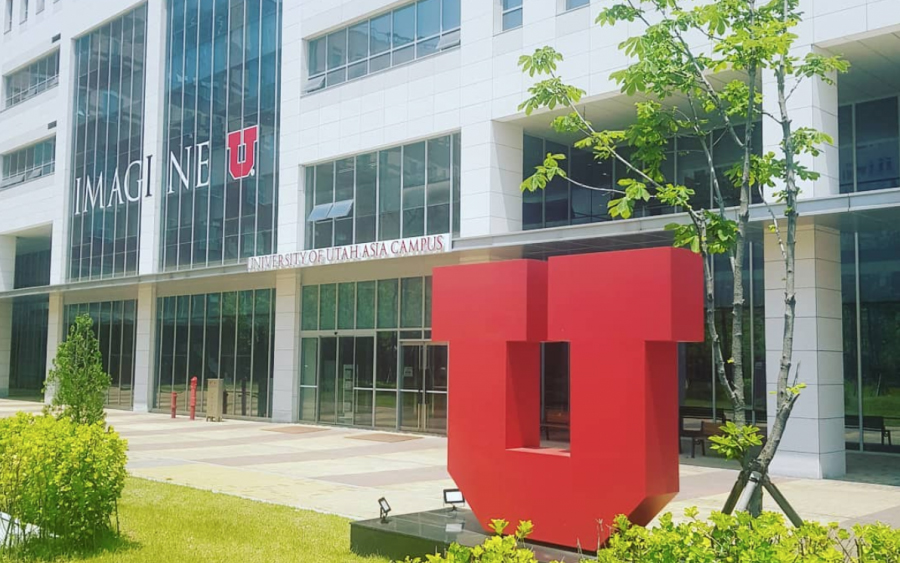University of Utah Athletes Excel On and Off the Field
September 26, 2019
The start of fall classes is a busy time for us all, but perhaps the most for our student-athletes. Balancing practices and games with homework and class is not easy, but University of Utah students are among the best at staying on top of school while also excelling on the playing field.
The U has always taken academics seriously, and our athletes are no exception. Over the past three fall semesters, students have consistently raised the bar when it comes to success in the classroom. Last fall semester, 42% of our student-athletes made the dean’s list with at least a 3.5 GPA and 71% made the honor roll with a 3.0. Seven of our varsity teams had an average GPA of 3.5 or above, and 11 more averaged above 3.0.
This semester, the Utes plan to continue to bump that up. All student-athletes have access to programs that will help them maintain their GPA. One major program that contributes to Utah’s success is our tutoring service for student-athletes.
Ashley Lear, director of Personal Development and Student Services at the Burbidge Academic Center, talked about how impactful the tutoring service can be for students.
“We try to provide a well-rounded experience for our student-athletes, and they are students first. We want to really emphasize academics, and we have a lot of support services in academics to ensure that they are successful and they ultimately earn their degree, which is why they come here,” Lear said. “So I think academics being first and foremost in our priorities and also in their priorities is huge.”
Makayla Christensen, a sophomore on the soccer team, added that “No, [academics and sports] are pretty equal. They do a good job of balancing out, making sure we get enough time in the classroom. Being on the team also helps us get tutors and help where we need it.”
Academically, Utah is near the top of its class. Last fall, the 552 athletes over 20 teams posted a 3.302 cumulative GPA. That’s an all-time best, and their 25th straight semester with a GPA over 3.0.
The tutoring service wants to make itself accessible to athletes. To accomplish this, they try to make it easy to schedule an appointment to get a tutor to work on whatever subject athletes need.
“We use most of our tutors in math, with some of those introductory level math courses,” Lear said. “We use a lot of tutoring for our football team, but that’s also because it’s a larger number.”
Utah’s football team is among the most successful in the nation when it comes to academics. The team promotes a program where players can focus more heavily on football in their final semester after working on a degree for three years or more. By getting the majority of their classes done first, they can focus on their sport more during the season.
From graduate students who need help on high-level, major-specific courses to those who are working on introductory math, these tutors work on a diverse range of subjects.
“We have some of our students, like our ski team or our gymnastics team, that might be in some specific majors, like exercise and sports science, and they use a lot of tutors in those higher-level courses,” Lear said.
Students know that even though they are here because they love sports, they also want a degree to use for the rest of their lives. While some may go pro, that’s not the reality for everyone. The U tries to provide every student with life skills that can help them make a living during life after sports.
When asked about ways to improve student-athlete success, Lear said, “Just support staff overall. We’ve really increased our support staff, and we will continue to do so. We added lacrosse a year ago, so we have more student-athletes to support, and I think that individualized attention for a student-athlete from their advisor, learning specialist and tutors really enables them to stay on track, especially when they travel for their sport. So they do end up missing some classes and just really having that support staff around them to provide those resources for each student-athlete makes a big difference.”
Travel schedules can be a big obstacle to overcome as a student-athlete. On weekends with road games, they may need to miss class on Monday or Friday depending on when the game is. Adding daily practices and home games on top of that means that getting all of their schoolwork completed can be a challenge.
“[Tutoring] definitely helps in every way because we miss a lot of class, and so outside of class, they’re always there. We just go on and we can request them at any time, however many times we want, and they help. They definitely have helped me get through all my classes,” said Christensen.
Per NCAA guidelines, professors are not allowed to give athletes special treatment, so they must work hard on their grades to accommodate a busy travel schedule. Missing class and tests for road games require extra work from the athlete to make it up, and tutoring helps them coordinate with professors to keep up on assignments.
On the number of students that take advantage of the tutoring service offered on campus, Lear said, “We probably do 50 or 60 appointments a week. So it really depends on the student. Most students probably maybe get at least one tutor a semester, and that’s probably a good majority of our students.”
There is a financial incentive to keep grades up as well. Students who are on scholarship have to meet a minimum GPA in order to keep their scholarship money. Working daily on classwork helps the student-athlete gain skills both in their sport and the classes they are taking.
Those who want to work hard on their grades have the resources to pull it off. With the long history of success at this school, athletes know that graduating with skills in both athletics and academics is achievable. It’s up to the student to pursue things they are passionate about, sports and academics included.
Learning about other things also helps the students to become more well rounded. Student-athletes may find a passion for topics other than their sport and pursue a degree in that to use when their playing days are over. Even those who do go pro may want another career or hobby to pursue later in life, and taking other classes helps them to find that. Many players obtain degrees in communications or sociology, which can be useful skills in a variety of fields.
In some ways, being a college athlete can be even more stressful than being a pro. Daily practices and games combined with a full course load can be a lot of work, especially when adding familial obligations, social life and sleep. These athletes have a lot on their plates, so having access to specialized tutoring and helpful advisors can be an incredible beneficial.
The U has always been successful in supporting its students, both on and off the field. Accessing tutors, mentors, and other help has never been so easy. It is the students’, coaches’ and university’s hope that our academic and athletic programs will continue to grow year by year. At this school, we are able to say “Go Utes!” in both the classroom and on the playing field.


